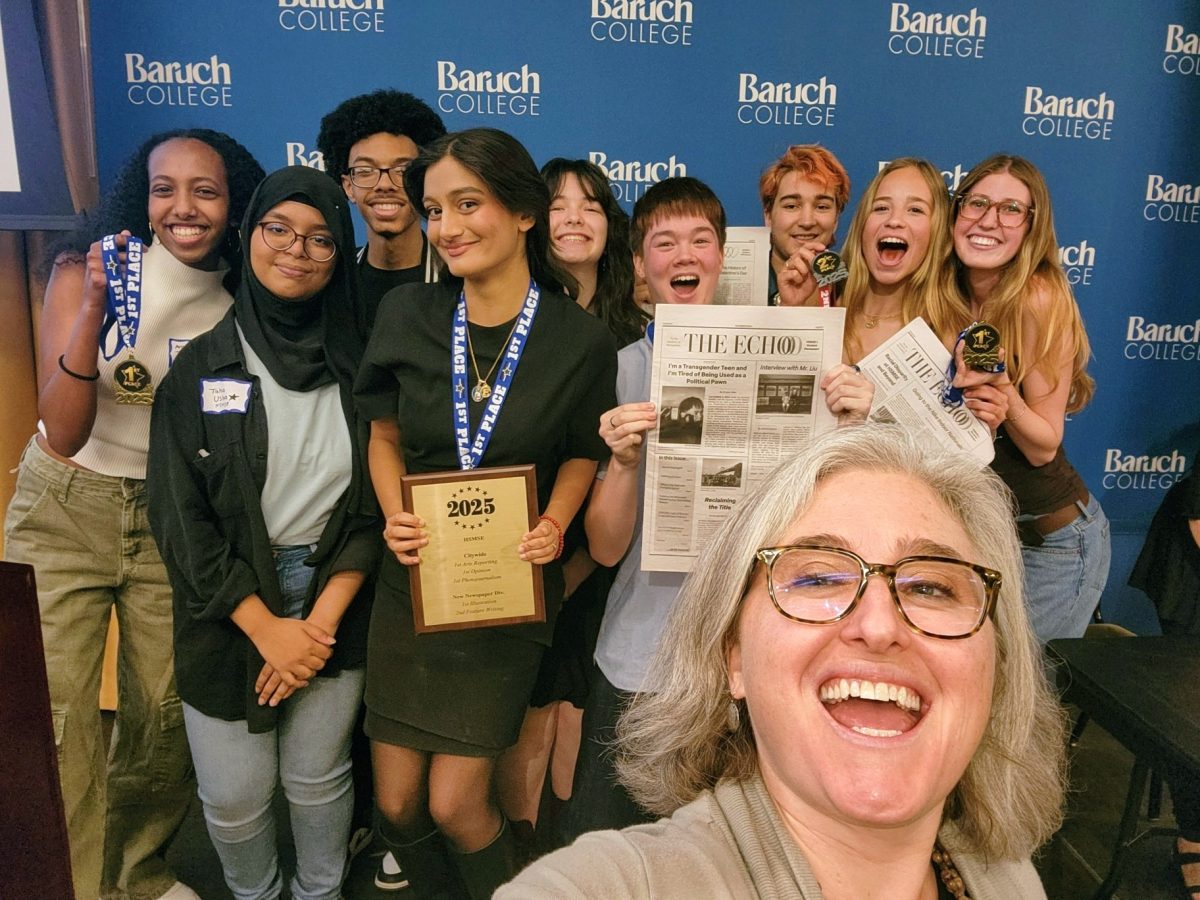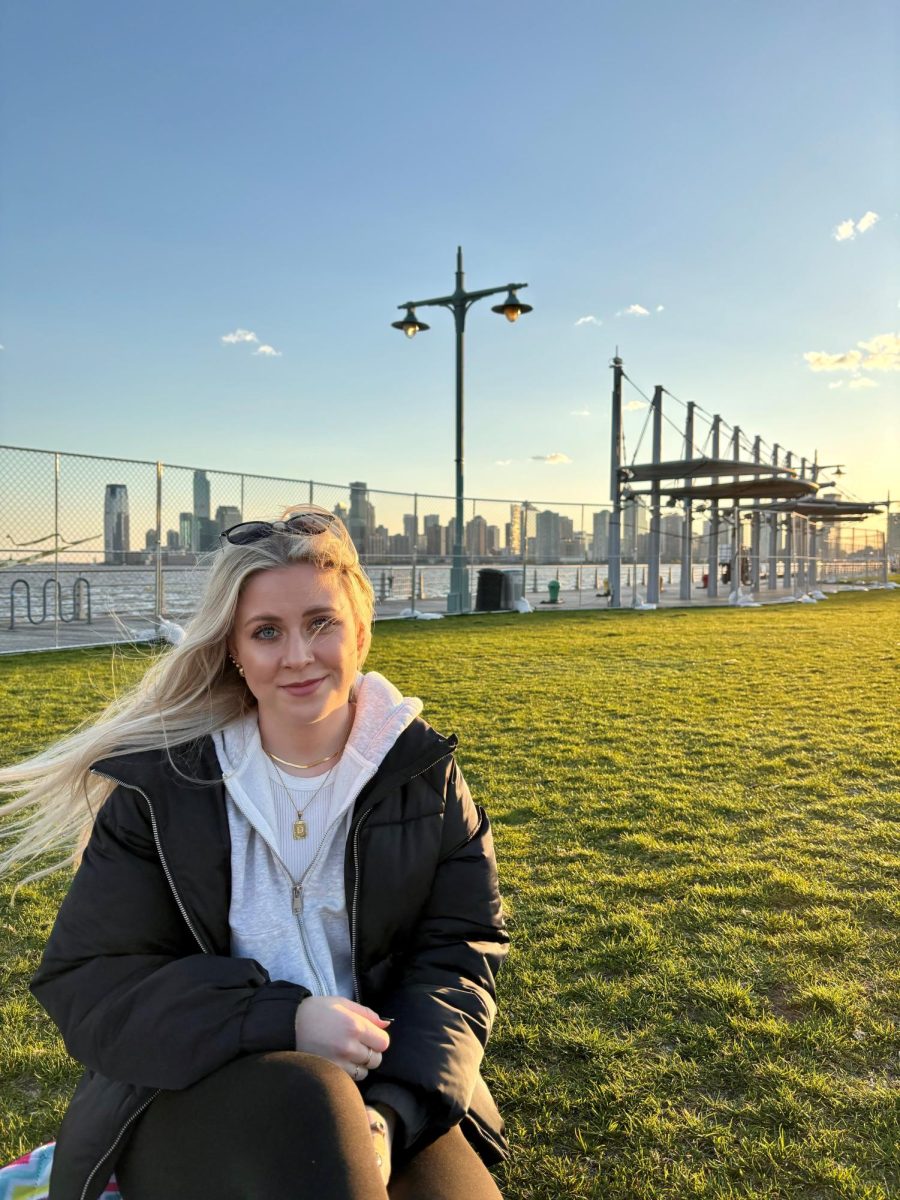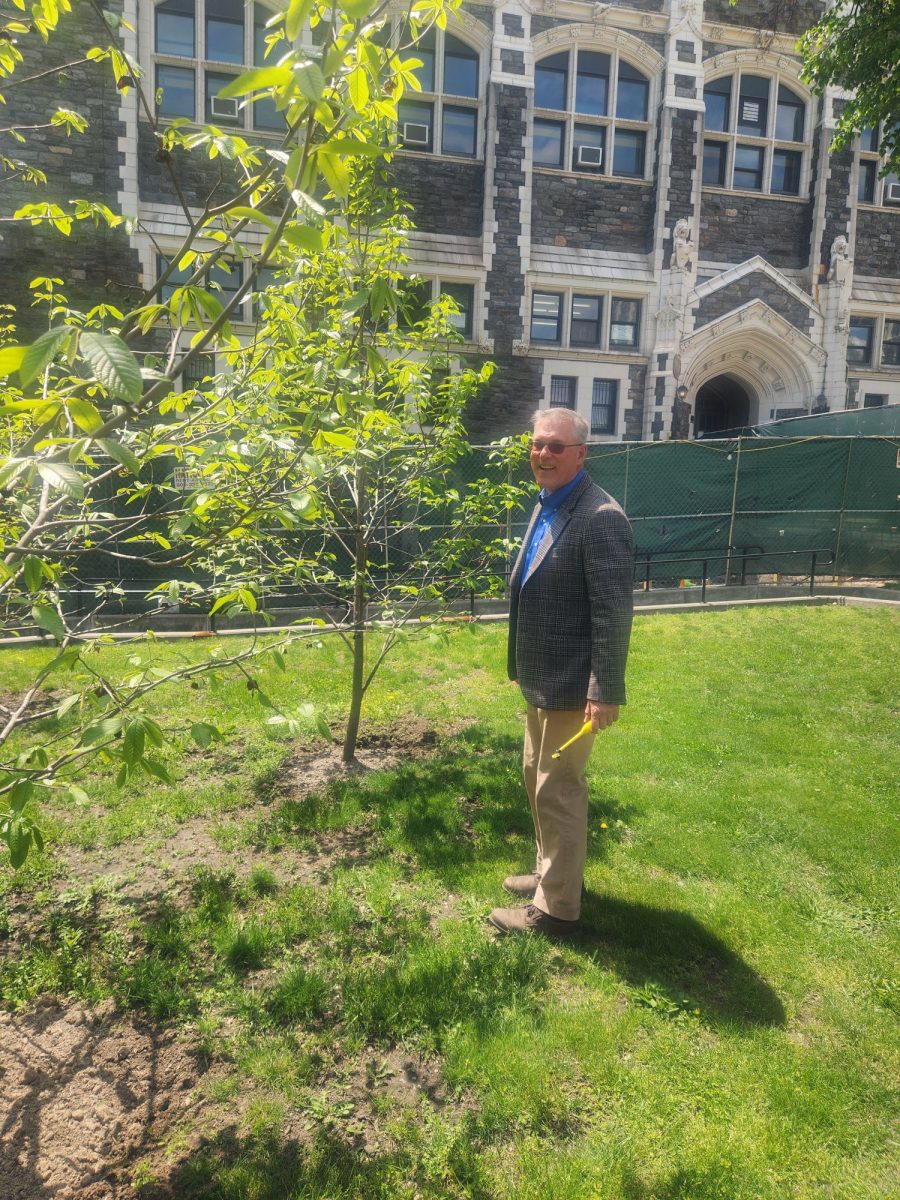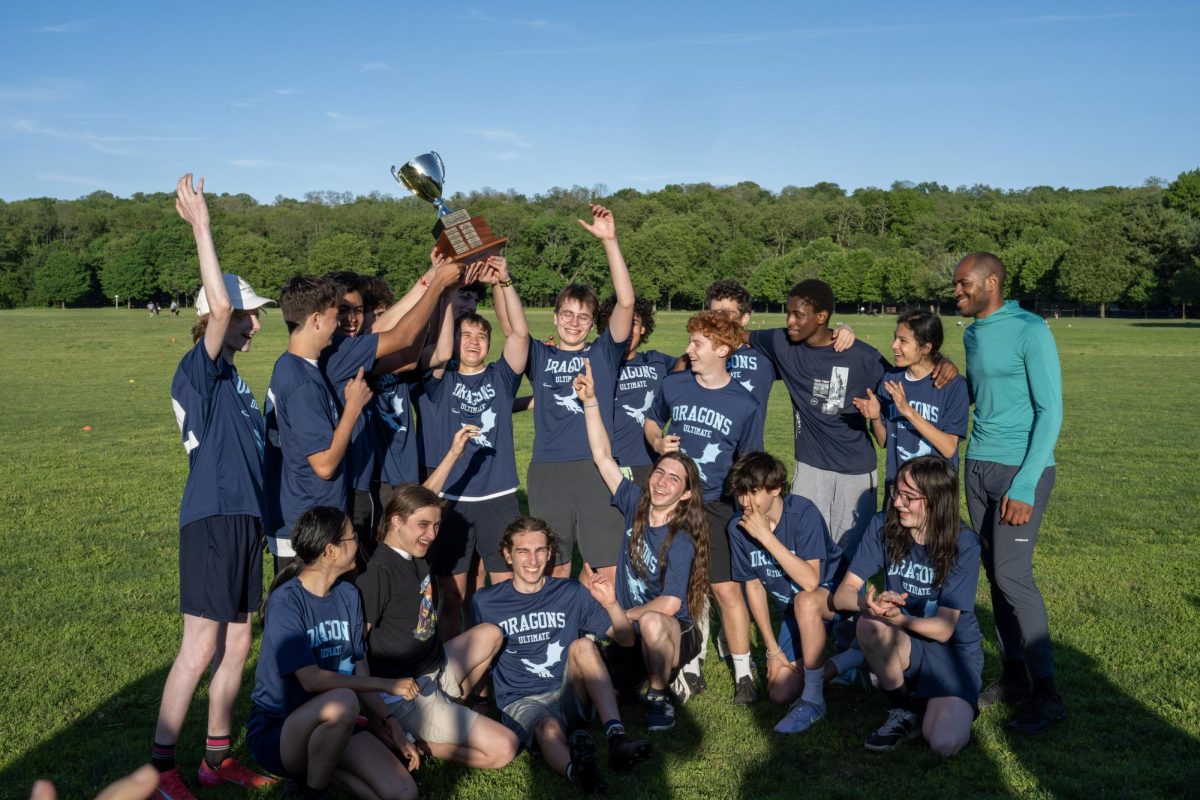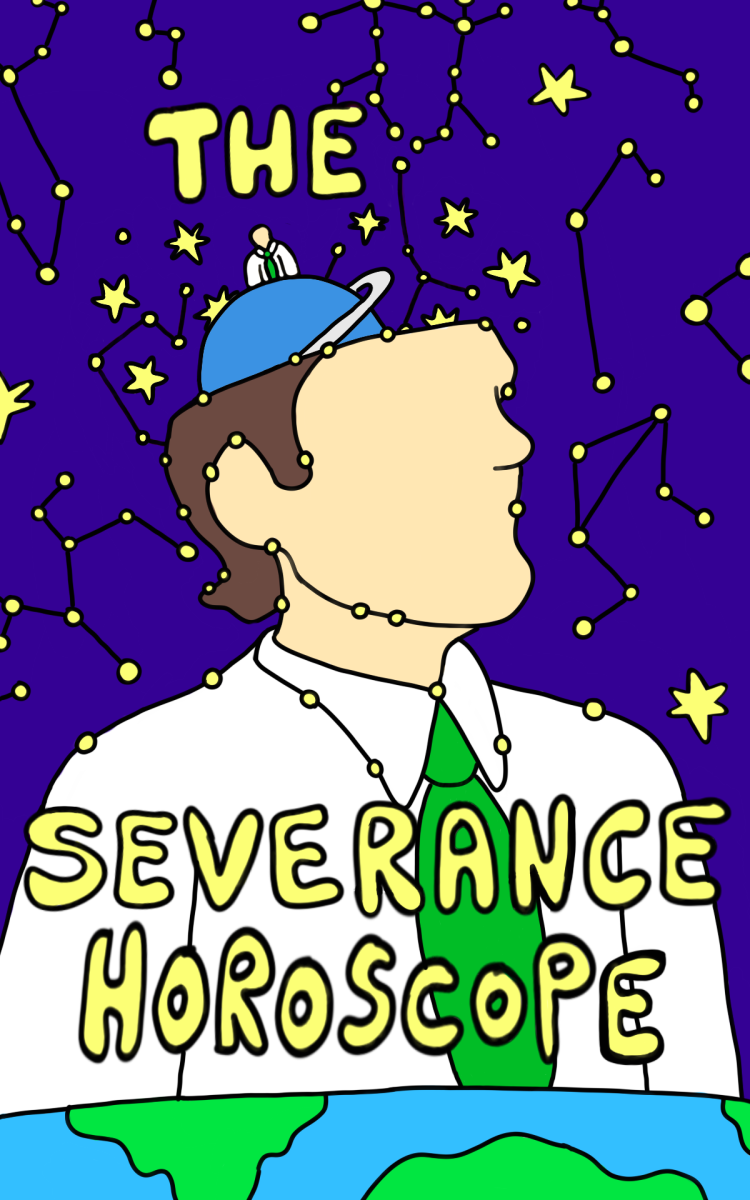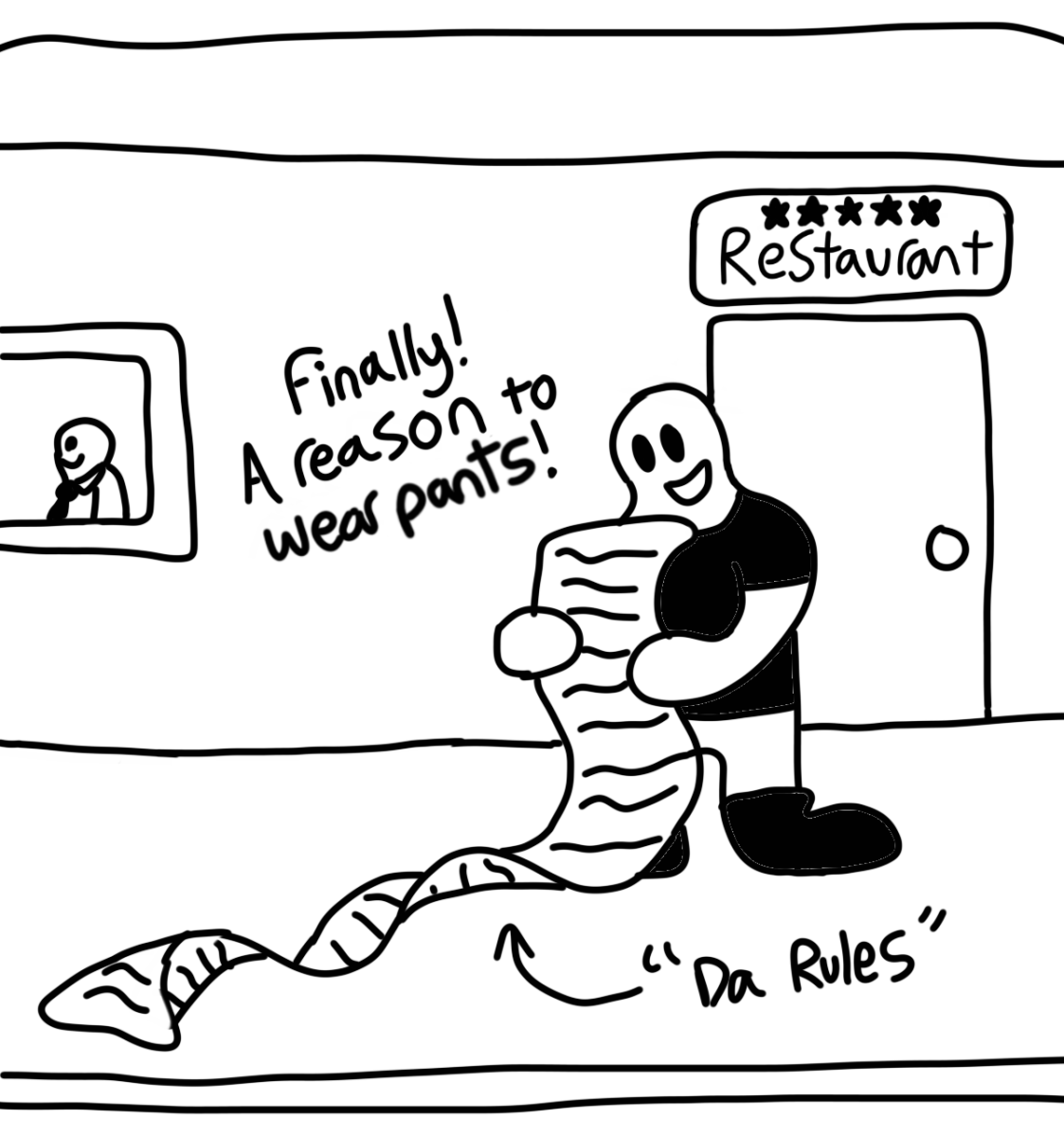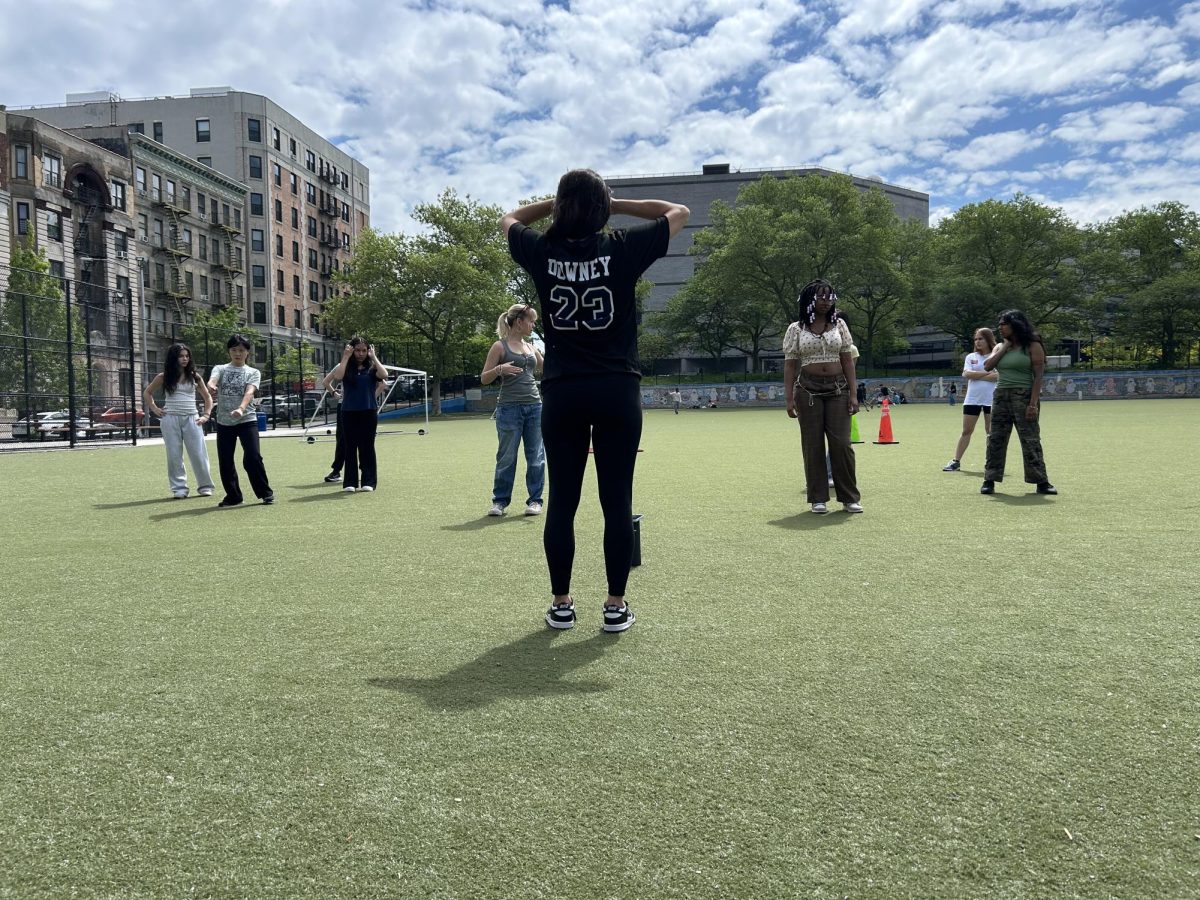Alexis Patricia Walker (aka “Ms. Walker”) was born and raised in Evanston, Illinois, a suburb of Chicago. She had an idyllic childhood and spent lots of time with her family. She was a regular Tom Sawyer, and self described “tomboy” who enjoyed tree climbing and the outdoors. She studied literature at Yale University and later on English at Columbia, where she fell in love with education and the art of teaching. Ms. Walker pursued a career in editing for many years, working at a series of prestigious publishing companies such as McGraw Hill, Prentice Hall, and Bedford Saint Martins. She has since become an integral part of the HSMSE community, exercising her love of teaching as an English teacher. Before class one afternoon, the juniors of her AP English Language course were provided an opportunity to ask any question they desired, and the resulting interview is documented below:
Q: What is your favorite novel?
A: That is a very difficult question. One of my favorite novels is The Brief Wondrous Life of Oscar Wao by Junot Dìaz. I think it is a masterpiece. It has a weird title, but the book is about a nerdy Dominican guy who loves comic books and is trying to make his way in the world and I really really love it.
Q: What would you do for a living if you weren’t an English teacher?
A: For most of my adult life, I worked as an editor and in publishing. I liked doing it when I was editing and working with authors to help make their books better. But when you get higher up in the ranks of publishing, they want you to be a salesperson and go out and try to convince people to buy books, which I hated.
Q: If you were given a million dollars, what would you do?
A: I would keep it for my daughter because I think life is going to be difficult for you guys. Not to discourage you or make you worry, but I think that the world is changing rapidly, and I worry about things like climate change. So, I would give it all to my daughter and her husband.
Q: How did you become so proficient in German?
A: I don’t think I’m so good at German, but I was always a good student of German. I lived in Germany for about a year and a half, but I was very studious and introverted, so I didn’t go out much. Somebody once said that in order to really learn a foreign language, you have to go to the country where they speak it and hang out in bars. And I did not do that and I regret it. So I didn’t learn the “Umgangssprache,” or the colloquial speech. I know 18th century German, which is not great for picking guys up at the bar, and that’s how you really learn it.
Q: What do you think it means to be a teacher in today’s atmosphere, and what are the biggest challenges?
A: The most difficult part of my job is like the expression,“you can lead a horse to water but you can’t make it drink.” So, what I say is you can lead a student to learning but you can’t make them think. It is challenging to get students to engage with the work and to do it for its own sake, rather than just for the rewards it might bring, like grades. But, the goal is to help students learn to love learning and literature, and that’s what makes being a teacher so rewarding.
Q: What is your favorite non-academic hobby?
A: I enjoy gardening. I know it sounds dull, but it’s actually very therapeutic. I also used to be a beekeeper until about three years ago, when we had a bear come onto our property upstate. I maintained hives there for 8 years but there’s absolutely nothing you can do if a bear wants honey. The bear even broke into our barn. At that point I figured if he got into the barn, I can’t fight a bear any longer. If you’re thinking about taking up beekeeping, you might want to consider using electrical fencing.
Q: What kind of things do you grow in your garden?
A: I grow a variety of things in my garden, including vegetables, flowers, and trees. We’ve had our property for almost 25 years, so I’ve planted a lot of trees to help provide habitat for different species. We plant walnut and chestnut trees which feed and protect various wildlife. I recommend reading The Overstory, a beautiful book which advocates for returning things back to nature to provide as much habitat for natural species as possible.
Q: How did you like Yale?
A; I think I would have hated it anywhere. I was in “Lit” then, they had a department and a major, and I was always gloomy and depressed, like a goth, a proto-goth. We didn’t have goths back then. But Yale is a great school! It’s absolutely great, I can tell you all about it. I was a happier person at Columbia, but it was a snakepit. The English department was ridiculously competitive and nasty — so I didn’t love that. But New York City was always a goal, and I’m happy I’m finally here.








